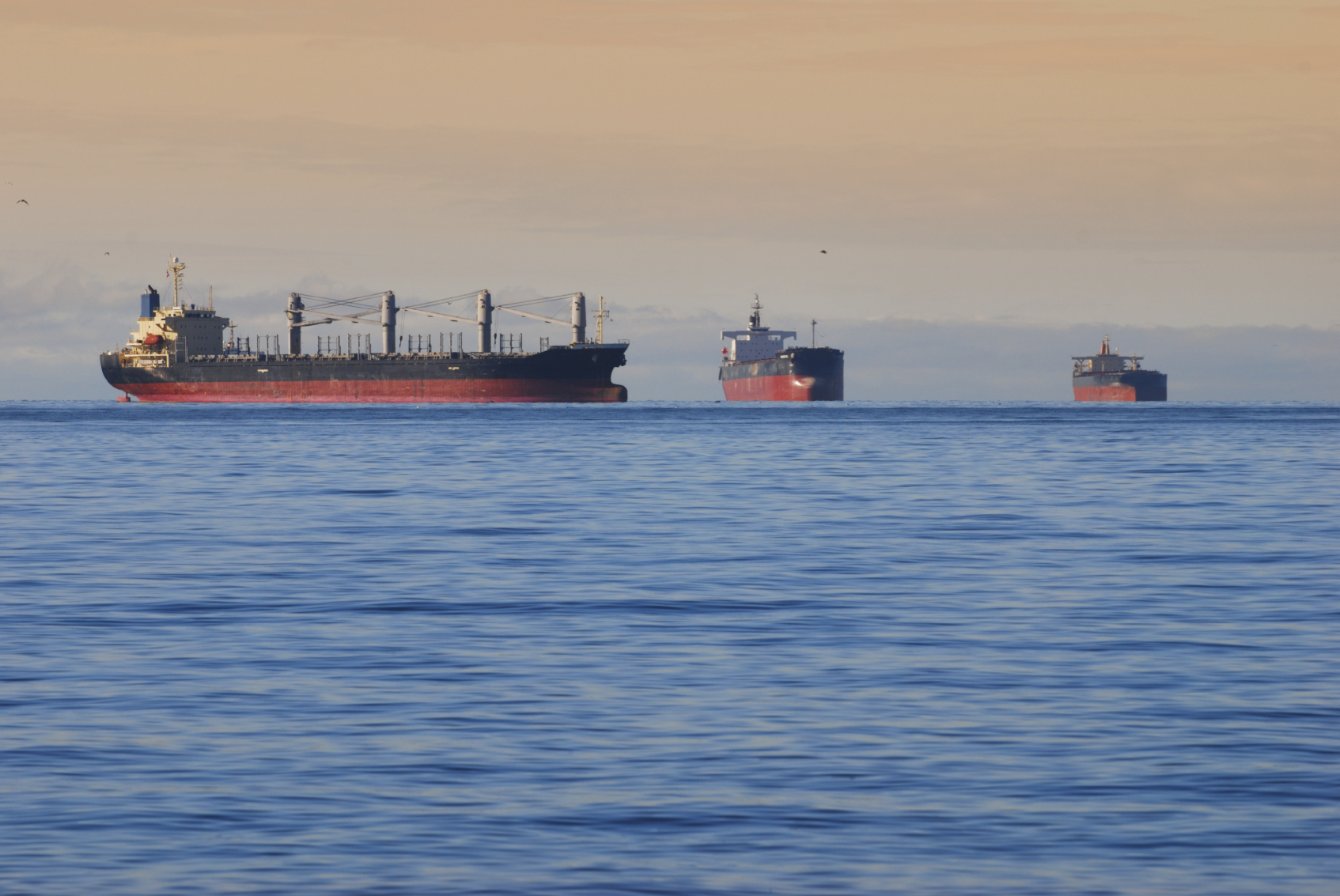“We Are Safe”
Piracy attacks have reached an all-time high. The success rate in hijacking vessels, however, has dropped significantly during 2011. Attributed to three main causes; Best Management Practices (BMP), intensified naval actions and the use of armed guards on ships; the recent US Navy SEALs rescue operation has underscored the growing determination to halt piracy, particularly off the Somali coast. But we’re not there yet.

Measures
The measures taken to protect commercial shipping have been as varied, as expensive and at times, as outlandish, as much as they have been successful. There are numerous factors to be considered in planning self-protection measures (SPM) and route planning which requires sufficient lead-in time to ensure ISPS Code requirements and Flag State regulations, for instance, are met.
As the threat of piracy has increased, so too has the maritime security industry – yes, its large enough to be considered an industry - and the demand for the service has burgeoned beyond anyone’s expectations. They are, largely (depending upon government or Flag State guidance), now part of the permissible SPM.
Privately Contracted Armed Security
The carriage of armed guards on ships is, in the view of many, an additional SPM and not in itself the answer to halting pirate attacks. They are one of many ‘layers of defence’ for merchant ships. Along with BMP, deterrent technology and probably the use of a citadel, employment of armed guards is a supplemental measure in high risk areas (HRA).
The mantra “no merchant ship with armed guards has been taken”, is intoned at conferences, seminars, in press comments, on social media networks, and when engaging with prospective clients. Whilst it has, undoubtedly, proved the case so far, there can never be an absolute guarantee that it will remain so. Private Contracted Armed Security Personnel (PCASP) companies are certainly not going to place such a codicil in any contract.
Insurance incentives include the contracting of PCASP, making the employment of armed guards a more attractive option than the adoption of BMP – which is only ‘strongly recommended’ – or any standardised technological measures. Even the implementation of an appropriately sited and resourced ‘safe room’, or citadel, may be dismissed as part of the SPM when PCASP are embarked. Clearly, multi-layered defence is a concept too far, or too expensive, for many.
Reporting
However, there is yet another of those unforeseen consequences in employing armed guards on merchant shipping; one that causes some consternation amongst maritime reporting authorities, and which decreases the overall situational awareness in HRA. It is something that ultimately weakens the collective security and safety of ships and sailors.
The failure to report an incident in HRA, whether an attack or a suspicious approach, has an effect that is not immediately visible to the ship carrying armed guards which has sighted, or been made to carry out evasive measures. Yes, once again, a merchant ship with armed guards has not been taken, but the possibility of a skiff(s) breaking off an approach on one merchant vessel, and to subsequently attack another which may not be as well protected (see Enrico Ievoli), leaves other ships, embarked armed guards and military authorities in the situational awareness darkness.
Importantly, the lack of reporting leaves other more vulnerable ships without the opportunity for naval units to investigate an approach at the earliest opportunity, or to respond to an attack in a timely manner.
Information
Despite the call for greater information sharing to enhance cooperation, coordination and collaboration, as stated by the IMO in the 2011 campaign, ‘Piracy: orchestrating the response’; the information, or intelligence, is gathered and recorded for the sole use of the PCASP, maybe to demonstrate to their clients the effectiveness of their operation. Whilst the military authorities, also gathering information, will share data with selected partner nations to varying degrees, but not necessarily with PCASP – in order not to seem to endorse any one company. It seems that the matter of immediate situational awareness is privy only to the select few.
In the meantime, Maritime Domain Awareness (MDA) has witnessed myriad systems to enhance the ability to gather, collate and, not always, disseminate information to improve shipping security, but it cannot be considered effective if the data does not reach the audience it is meant to support.
The reasoning that OPSEC and/or INFOSEC are imperative when dealing with information in HRA is not as straightforward as many would believe. Agreed, long-term planning, SPM and ship routing should have OPSEC/INFOSEC applied, but the immediacy of an initial suspect approach or an attack has little to suggest it should not be reported. When it is clear that alarms and mayday calls are made, including in the clear via VHF Channel 16 in the HRA, those in the immediate vicinity are fully aware of the incident. Not to forget the availability of Automated Identification System (AIS). What is not always apparent is whether the authorities have been made aware, or whether any follow on action has been afforded.
Perception
The perception that “We are safe” in any ship transiting HRA, simply due to the fact they have armed guards embarked, is flawed. No single measure can support such an assertion. No PCASP can provide such a guarantee. No military authority can appropriately manage and respond to any pirate activity without receiving the contact reports from all those actors within the HRA. MDA cannot be achieved without all concerned sharing information, not analysis, that is timely and accurate.
“We are safe” could easily become “We need help!”
OCEANUSLive.org


Information, Security, Safety; Shared
